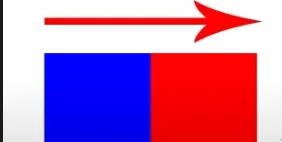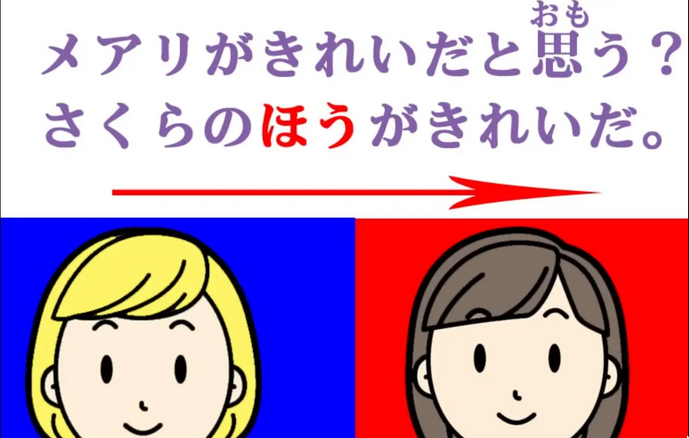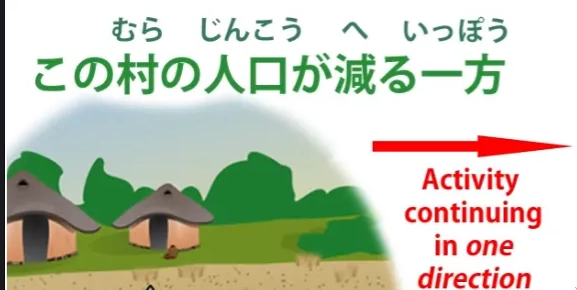より
Its basic physical meaning is from.

Now, より means from in a very different sense. The directional metaphor is concentrating not on the origin of A from B, but in the distance or difference of A from B. So, if we say さくらはメアリよりきれいだ we're saying that from Mary Sakura is pretty.
Chúng ta sử dụng より để lấy A là điểm khởi đầu cho việc so sánh đấy. Lấy một ví dụ như
メリットよりもデメリットの方が大きい
Ở đây chúng ta không nói là メリット ít, nhưng nếu xét メリット là điểm khởi đầu cho so sánh, thì デメリット lại nhiều hơn (Đó là lý do tại sao lại nói 方が, nhưng it works perfectly well to say exactly the same thing without that ほう. And we use より in other contexts)
ほう
 It's a noun. That's why we have
It's a noun. That's why we have のほう. And its literal meaning is a direction or a side.

一方
Another case in which we see ほう is in the expression 一方, which means `one side.
When we say 一方 before going into something else, is really referring back to what we were talking about before, whatever that was. And we're saying All that was the one side; and now we're going to look at the other side.
一方 should probably, strictly speaking, be 一方で (Phổ biến nên bỏ で đi cũng được).
この辺りは静かな一方で不便だ-- "It's quiet around here, but it's inconvenient / on the one hand, it's quiet around here, but it's inconvenient."- そういうメリットがある_一方_で、デメリットもある。
One other use of 一方 that we should mention is that it can also be used after a complete verbal clause to show that something that is happening is continuing in one direction.

この村の人口が減る一方だ -- "This village's population is just declining and declining / ... just goes on declining."